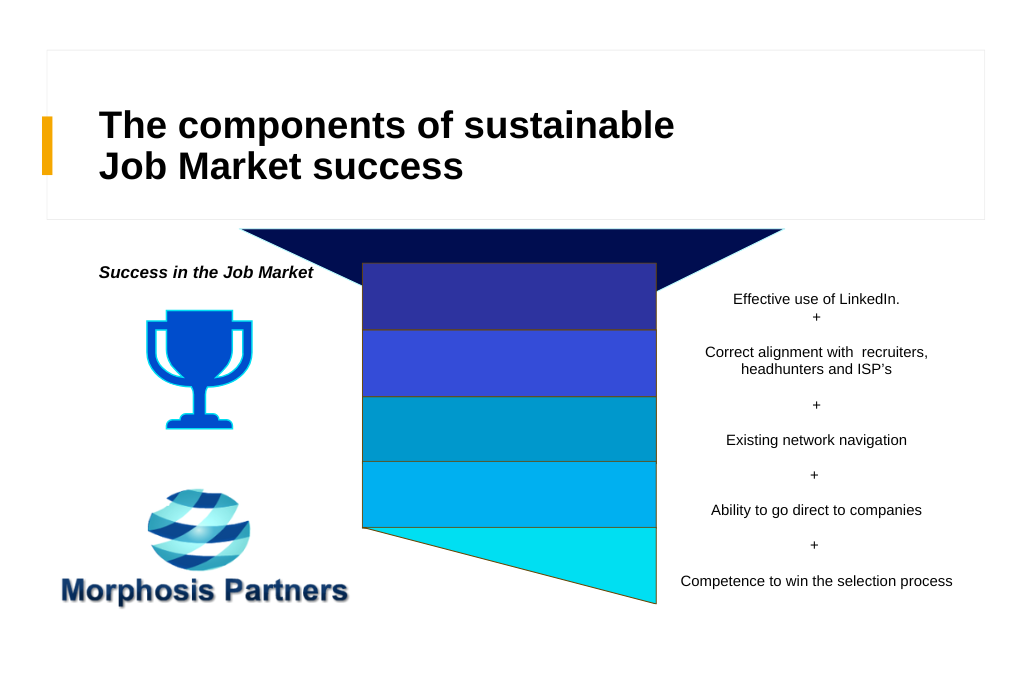Choke Point 5: Positioning/Competence to Win the Selection Process
At Morphosis Partners, we often hear candidates say, “If I could just get in front of the client, I’d land the role.” But too many times, even after interviews, they’re still without a job. The issue is usually how they position themselves in the selection processes be they formal or more informally biased.
Landing a job isn’t just about technical qualifications; it’s about how well you align with the employer’s needs, culture, and vision. Those who fail to properly position themselves risk becoming just another ‘possible fit’ in a crowded pool of prospective talent.
To date, when prepping our clients for meetings/interviews our data shows that most clients start with a low competence score of approximately 23%, with the highest score achieved at 35%. Far too low to compete effectively. With our targeted methods, clients dramatically improve their chances and often land the next opportunity they apply for.
Here’s the success score breakdown for various candidate types:
Former colleague: 70% Internal applicant: 60% Direct applicant (no fees): 50%
Referred/advocated: 50% External candidates: 40%
Delivered over 3 personalised 2-hour sessions A 23%-35% score means you’re playing a game of chance. To be competitive, you need to improve your score to at least 60%. This workshop recognises your saleability and rewires your ability to position against competition as the most preferred candidate

